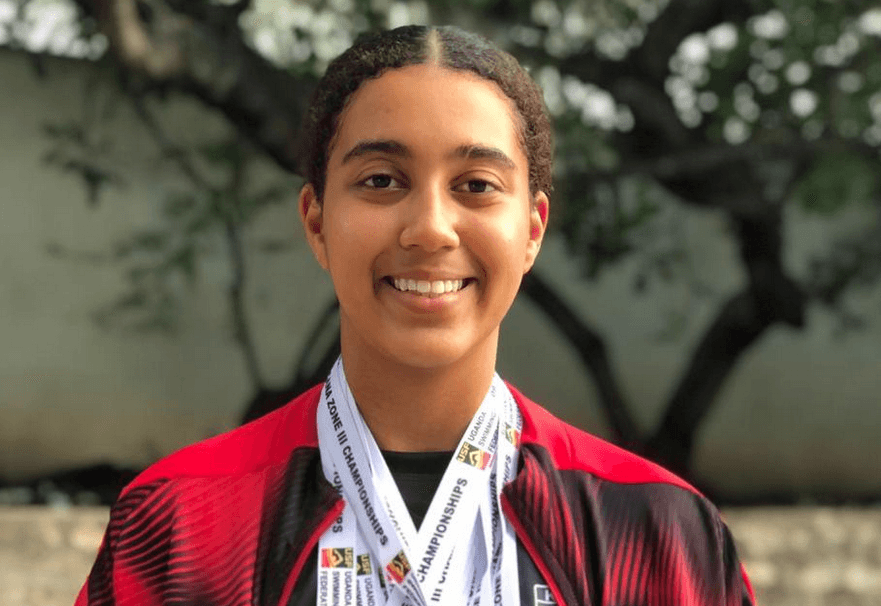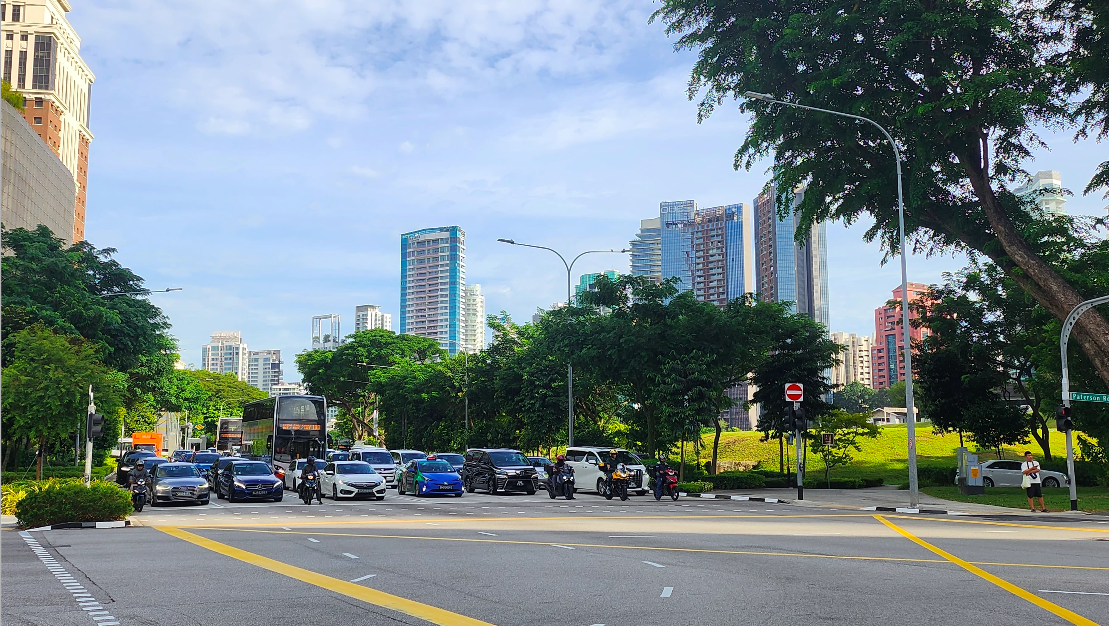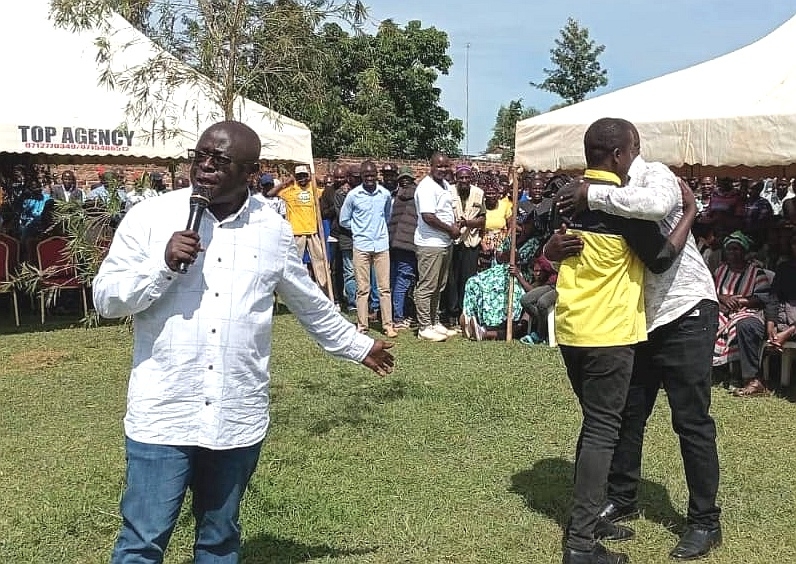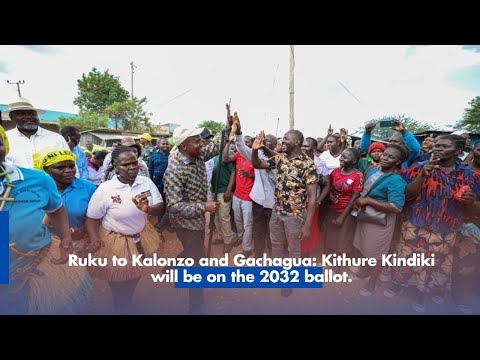

The journey from Kenya to Singapore was more than just a flight; it felt like stepping into another world. And yes, Asia is a different continent from what we are used to in Africa.
As the plane descended in the skies in the Asian airspace, I pressed my face to the window, eager for my first glimpse of the city-state everyone talks about back home from friends to presidents.
It felt like a pilgrimage to a place many describe as the embodiment of development. And it is this place that was hosting Asia Media Leaders Summit
The moment I entered the arrival hall, I knew I was witnessing a different level of vision. Changi Airport was not just an airport; it was a destination. Beautiful, efficient, seamless. A kind of quiet confidence. It stood in sharp contrast to the infrastructure challenges we face at home.
Unlike Nairobi’s Jomo Kenyatta International Airport, where rain can cause disruptions, Changi is a leisure hub: biometric passport checks that requires every foreigner or even a resident to access. The airport has amazing butterfly gardens, restaurants, even the world’s largest indoor waterfall that saw many visitors posing for a picture. Meanwhile, back home, we are still negotiating queues and occasional power blackouts.
But stepping into the city, the first thing that struck me was the greenery. The streets seemed to breathe. Lush trees, flowering shrubs and curated pockets of nature everywhere. And then the heat hit, humid and heavy, like in Mombasa during summer.
As we drove to our hotel, the skyline rose around us tall, brightly painted buildings that felt meticulously maintained. The streets were spotless.
“You know, our president wants Malawi to look like this,” a colleague in the van said.
“It’s the same in Kenya,” I replied, taking photos as we drove past clean pavements and palm-lined roads. This place represented the future that President William Ruto is chasing.
Soon, I understood the hidden engine behind this order: Singapore is a fine city. Not just fine as in beautiful, but fine as in you-will-pay. Signs and rules everywhere and residents speak about them openly.
A colleague offered me chewing gum but another immediately panicked. “Do you know chewing gum is prohibited here?” she whispered.
Indeed, importing gum attracts a $1,000 fine. Forgetting to flush a toilet? $500. Spitting? $5,000. The city’s cleanliness was not magic; it was policy.
This discipline extended everywhere including hotels. In Kenya, if breakfast ends at 10 am, staff may extend it a little. Not here. One morning, I rushed downstairs at 10.01 am and asked if I could still get breakfast. The waitress smiled politely: “We have closed, but I can offer you yogurt or noodles to go.” For Singaporeans, closed meant closed.
It reminded me of President Ruto’s words about Singapore: the difference lies in the willingness to make difficult decisions.
At independence in 1963, Kenya’s GDP was slightly higher than Singapore’s. Today, Singapore’s GDP is more than four times ours, despite having a fraction of the population. Here, 85 per cent of citizens own homes. In Kenya, that figure is below five per cent. Seeing the city made the statistics real.
At the hawker centres, I tasted the cultural mix Singapore is known for Korean, Malay, Indian and Chinese. I ordered kimchi, seaweed soup, bulgogi and pork belly. It felt like stepping into the food scenes I’ve seen in Korean dramas.
And the taste was divine, the way they are presented in the K-dramas, is the same way they are served. I took out the chopsticks and struggled with it the entire evening.
"Excuse me, you are holding it upside down," a neighbour seated next to me said calmly. It was a bit embarrassing but i did not give up. At the end of the night, I had mastered the use of the chopsticks
Later that night, we visited Marina Bay. The Supertree Grove lit up like a scene from a science fiction film. My colleagues suggested we lie on the floor to watch the trees glow. We did and the magic started unfolding as we watched the change of colours from the trees accompanied by soothing Music. We nearly slept.
Yet, I was also reminded I was a visitor. Some locals stared, especially at my maroon braids. They whispered to each other, curious, surprised, sometimes simply fascinated. Others kept staring blankly at me which made me quite uncomfortable. 'Is this your hair?" one asked.
But this did not end,. On the plane leaving Singapore, a woman gently whispered to her daughter while pointing at me. When she noticed the word “Kenya” on my bag, she nodded, as if the mystery was solved.
Changi Airport was my final lesson. Its efficiency, calmness and precision felt like a living argument a proof that national decisions matter. That discipline has visible results. That development is not theory; it is daily practice.
Singapore is unforgettable not just for its beauty, but for what it teaches about what a country can become when vision, discipline, and action finally align.















